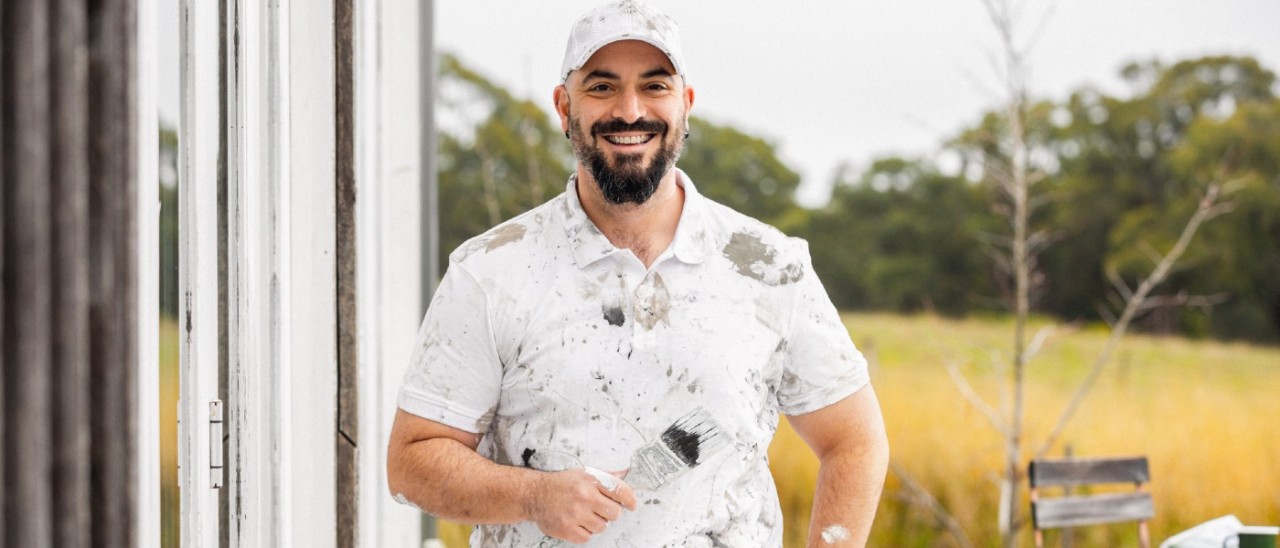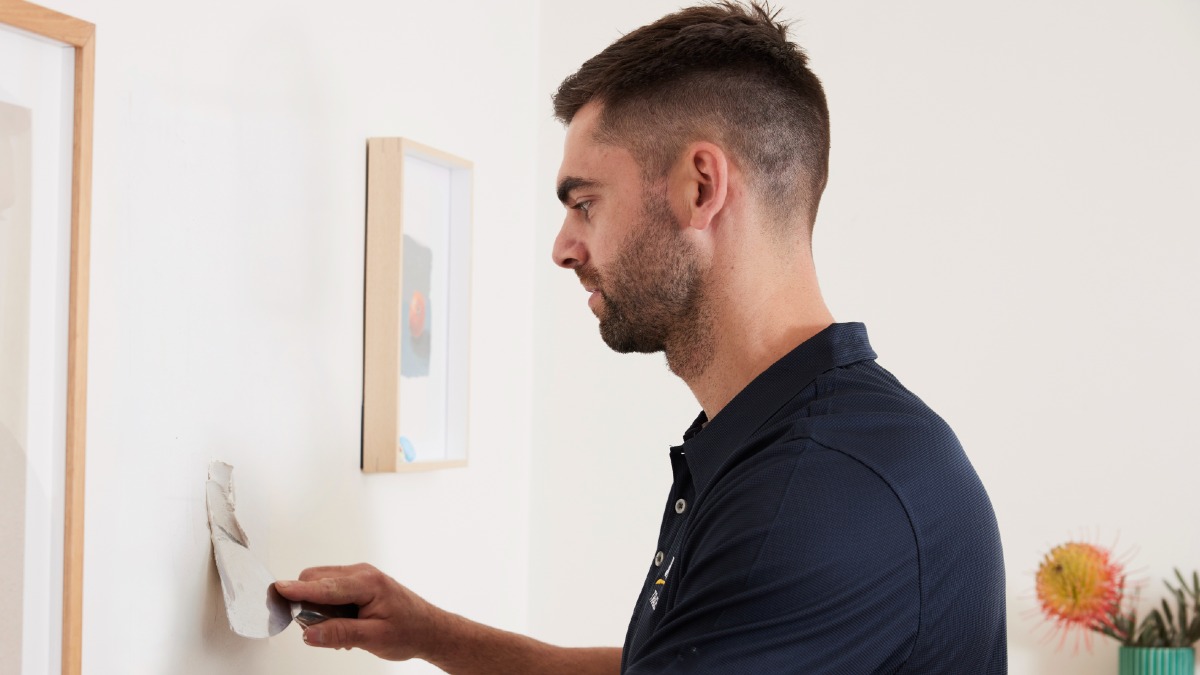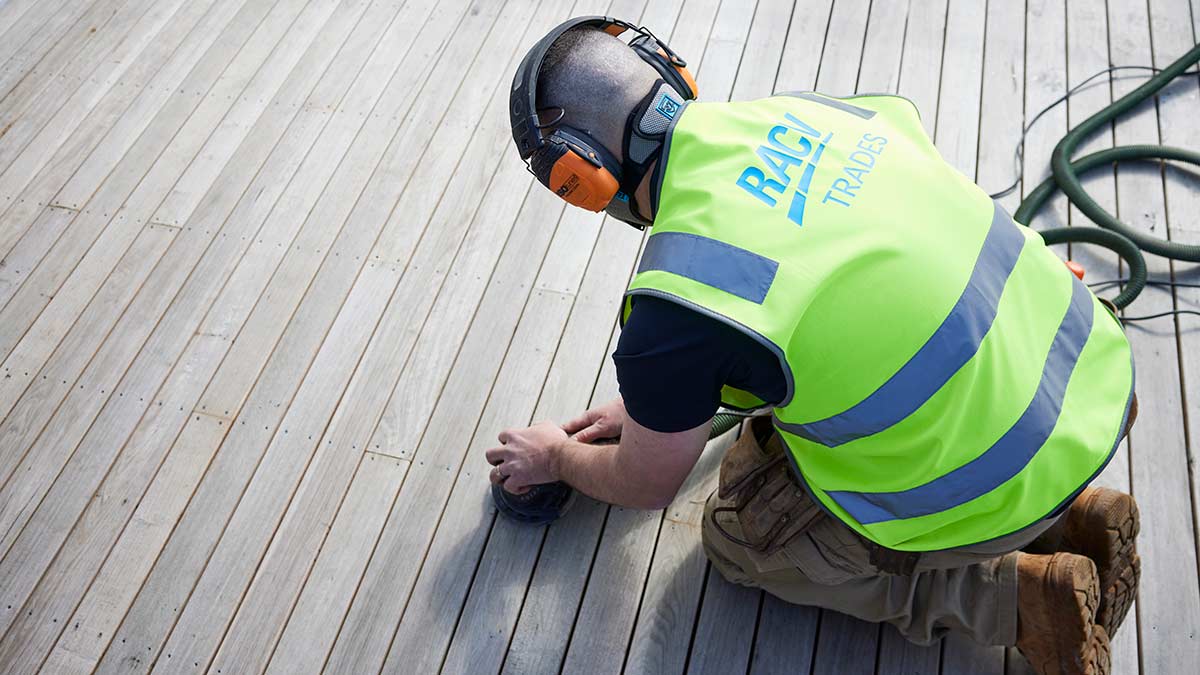Learn how to insure your handbag, including luxury and designer bags, against events like theft and damage by using your contents insurance policy.
How to plan your home insurance for renovations

Planning a home renovation? Find out why it's important to notify your insurer about your renovation plans, and when to update your home insurance policy to reflect the changes.
Whether you're adding a new bathroom, updating your kitchen, or making structural changes, it's a good idea to ensure your home insurance policy is up to date and provides adequate coverage.
By understanding your current policy, notifying your insurer, and updating your policy post-renovation, you can help protect your investment and enjoy peace of mind after your renovation journey.
Here are your questions on home insurance and renovations answered to help protect your home.
Renovations and home insurance
Understand your current policy: are renovations covered by your home insurance?
Before you start any renovation project, review your existing home insurance policy. checking what's covered and what's excluded. Standard home insurance policies may not cover damage caused by renovations.
If you're doing the renovation work yourself, ensure your policy covers DIY projects. Some insurers may exclude damage caused by unlicensed work.
Should I tell my home insurer about renovations?
It's essential to inform your insurer about your renovation plans. Failing to notify your insurer can leave you exposed to significant risks, including the possibility of your policy being voided. Insurers need to know about any changes to your property that could affect its value or risk profile.
Many standard home insurance policies in Victoria may not cover renovations unless you explicitly inform them and update your policy. It’s best to notify your insurer before renovation work begins to ensure you have the correct coverage in place.

If you're doing the renovation yourself, ensure that your home insurance policy covers DIY projects.
What is builders insurance?
Contractors and builders are typically required by law to have their own insurance, often called builders insurance, contractors insurance, domestic building insurance or builders warranty insurance. It’s worth confirming your builder's insurance status before renovations begin.
For projects in Victoria valued at more than $16,000, the builder must take out domestic building insurance. Make sure that your builder provides you with a current certificate of domestic building insurance covering the building project’s address for work. Contact the listed insurer to check that the policy number is correct and applies to your address.
Domestic builders insurance can help cover:
- your builder dying, disappearing, or becoming insolvent
- costs up to $300,000 to fix structural defects (for 6 years) and non-structural defects (for 2 years).
What is a major domestic building contract?
If the total cost of your renovation project is more than $10,000, the builder must use a 'major domestic building contract'.
According to Consumer Affairs Victoria, you should make sure that:
- you have the required building and/or planning permits (if relevant)
- the builder is currently registered with the Victorian Building Authority
- the builder has confirmed the site is suitable for the proposed work (and has obtained foundation data and a soil report if relevant)
- the work is clearly and comprehensively described in the contract
- you have included all special requirements and finishes in the plans and specifications
- fixtures and fittings included in the contract, but not specifically identified or of unknown price, are clearly stated as provisional sum items or prime cost items, and adequate costs are allowed for these
- the requested deposit is within the legal limit
- the price and timing of progress payments are legal and clearly stated
- you understand the procedure for changes to the contract
- you and the builder share an understanding of what is ‘reasonable access’ to the building site.
For works under $10,000, you should still have a written contract that clearly specifies the work to be done and its total cost. Make sure that any agreed changes to the contract are also in writing, including any associated costs.

Use a fully accredited, licensed and insured tradesperson, even for small renovations such as deck repairs.
What does my insurer need to know about my home renovation?
You’ll need to provide information about the renovation’s size, type and the contractors you’ll be hiring. Your insurer may also require you to provide estimated project costs and timelines.
Keep detailed records of your renovation, including receipts, contracts, and photos throughout the renovation process in case you need to make a claim.
How do I protect my home from burglary during renovations?
If your renovation project is extensive and you won’t be able to live in your home during the construction process, you’ll need to arrange for temporary housing.
Many insurance policies don't cover loss arising from you leaving your home unoccupied for 60 or more consecutive days, especially if you don't maintain it in a lived-in state.
You can help maintain a lived-in state by keeping the lawns mowed, keeping your letterbox empty, redirecting your mail and deliveries to your temporary address, putting up a security fence, or leaving lights on.
More: How to secure your home and deter burglars
Does contents insurance cover items in storage?
Most contents insurance policies cover items in a commercial storage facility, as long as the facility meets certain criteria. For example, your insurer may require your storage cage/room to be fully enclosed, lockable and only accessible by you.
Contact your insurer before moving your items into storage to make sure that your items will be adequately covered when in storage.
Do I need to modify my home insurance policy after renovations?
Once your renovation is complete, update your home insurance policy to reflect the changes. This helps ensure that your new additions are included under your cover and taken into account when considering the value of your home (sum insured).
Consider whether your insurance policy still meets your needs after the renovation. This includes reassessing your contents insurance, building insurance, and any additional cover you might need. Underinsuring your home can lead to significant financial loss if you need to make a claim.
The information provided is general advice only. Before making any decisions please consider your own circumstances and the Product Disclosure Statement and Target Market Determinations. For copies, visit racv.com.au. As distributor, RACV Insurance Services Pty Ltd AFS Licence No. 230039 receives commission for each policy sold or renewed. Product(s) issued by Insurance Manufacturers of Australia Pty Ltd ABN 93 004 208 084 AFS Licence No. 227678.


